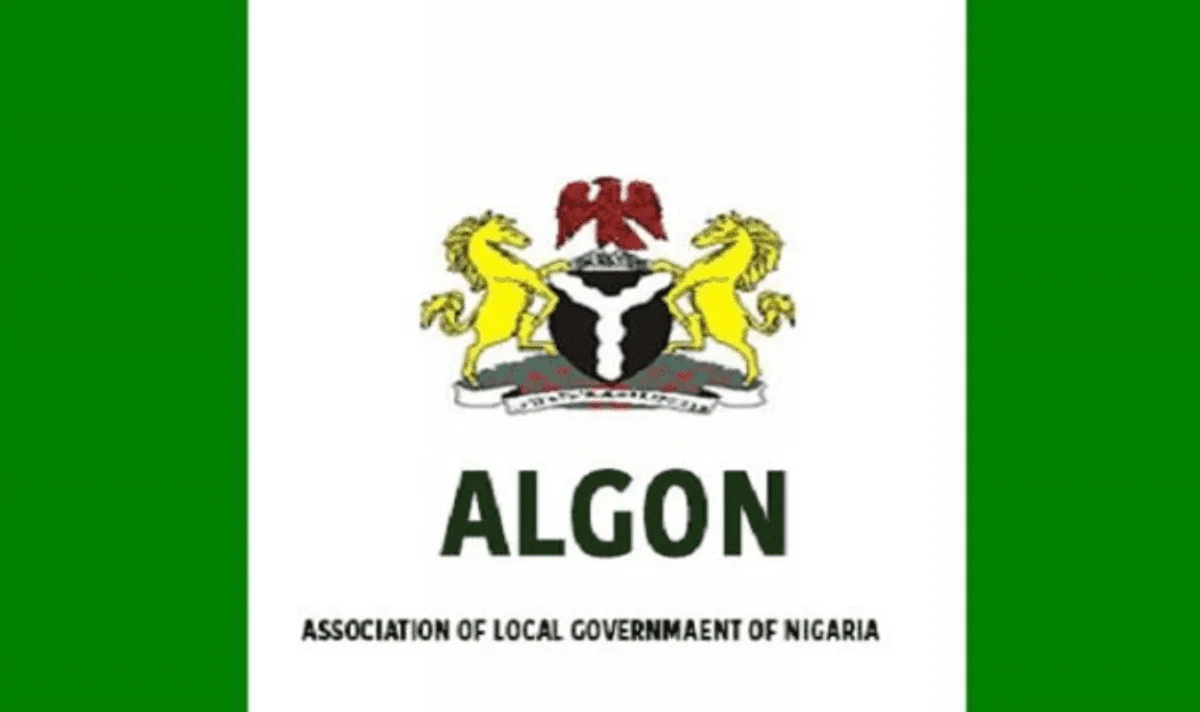The Supreme Court’s recent ruling granting fiscal autonomy to Nigeria’s 774 local government areas has sparked widespread reactions, with various stakeholders proposing measures to ensure effective implementation of the verdict.
Concerns have arisen over the ability of local government chairmen to manage this newfound autonomy, with some fearing that state governors might continue to exert control indirectly.
Muazu Maifata, President of the Association of Local Governments of Nigeria (ALGON), expressed optimism about the ruling in an interview with the Daily Post, stating it would lead to significant development in rural areas. Maifata advocated for an increase in the monthly allocation to local government councils, emphasising that the judgement secures the future of local governments and has been accepted by both Nigerians and some state governors.
“We are happy with the judgement. Nigeria and Nigerians accept the decision. Some governors, like those of Lagos, Nasarawa, and Delta, are not interfering with local government funds. This judgement will secure the future of local governments, create a robust economy, strengthen security, and address other challenges,” Maifata stated. He also called for accountability and transparency in local government administration as a reciprocation of the Supreme Court’s decision and the President’s vision to empower the people.
Human rights advocate Auwal Gombe from Gombe State expressed hopes for improved infrastructural development following fiscal autonomy. “I expect improved infrastructure development, enhanced basic services, agricultural development, youth empowerment, transparency and accountability, community engagement, local economic growth, improved security, environmental management, and grassroots development projects,” he said.
Psychologist McFrederick Edache highlighted the expectation that local governments should identify and address community needs without political interference. “The 774 local government areas in the country should focus on water, electrification, roads, primary healthcare, schools, agricultural equipment, and youth empowerment,” he remarked.
Oyiwona Augustine, an FCT resident, expressed cautious optimism, hoping for an improved standard of living in rural areas but fearing potential misuse of power. “In a functioning system, this should be the channel for rural people to enjoy the true dividends of democracy. However, I foresee the possibility of misuse of power, looting, and extravagant spending,” he added.
Ali Adams from Suleja, Niger State, criticised the infrastructural decay in rural areas, suggesting that fiscal autonomy could drive significant development. “Most rural areas are underdeveloped due to financial constraints. Now, local governments can repair roads, drill boreholes, maintain primary schools, pay vigilantes, and provide electricity,” he said.
Lagos resident Agih Isaac Sylvester emphasised the importance of local governments fulfilling their constitutional functions. “I expect to see the full implementation of these functions, so citizens at the grassroots feel the government’s presence,” he stated.
Joseph Adah, a resident of Mararaba, Nasarawa State, anticipated a better economic life and greater inclusion in government policies. “Allocations from the federal government will now go directly to local governments, speeding up their use for development purposes,” he noted.
Peter Uloko from Kaduna State viewed the ruling as an opportunity for improved governance at the grassroots level but cautioned that it could become a nightmare if councils are not held accountable. “Holding local government chairmen accountable won’t be easy, but rural areas will likely experience development,” he said.
Overall, the Supreme Court’s decision has been met with a mix of hope and caution as stakeholders look forward to its implementation and the potential transformation it could bring to Nigeria’s local government system.


